Most companies (with 15 or more employees) are subject to the Americans with Disabilities Act (ADA) as Amended (ADAAA). The ADA/ADAAA have many requirements related to non-discrimination and reasonable accommodation. Many employers are not aware of certain provisions related to providing leave as reasonable accommodation for example. This toolkit…
(866) 440-0302

